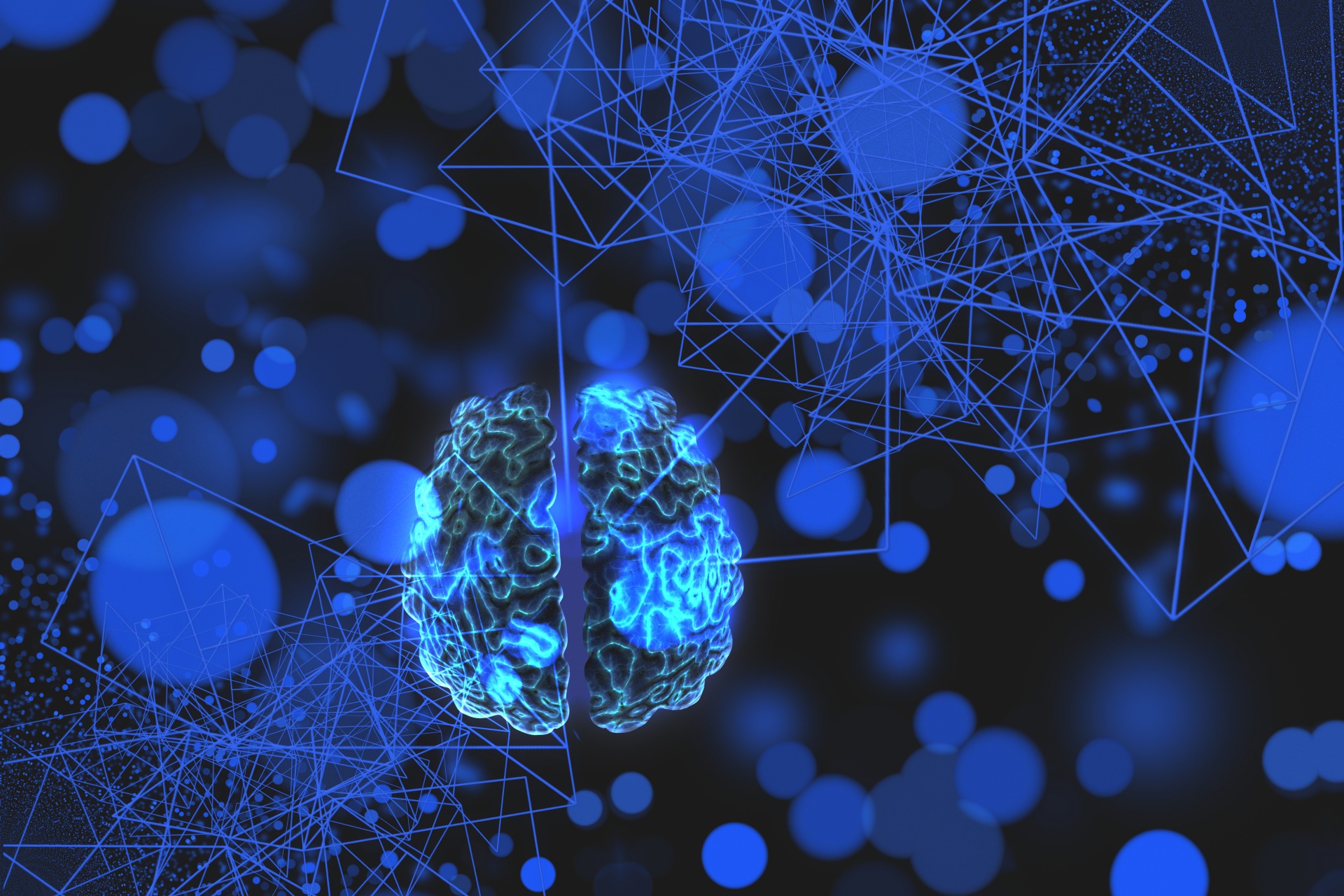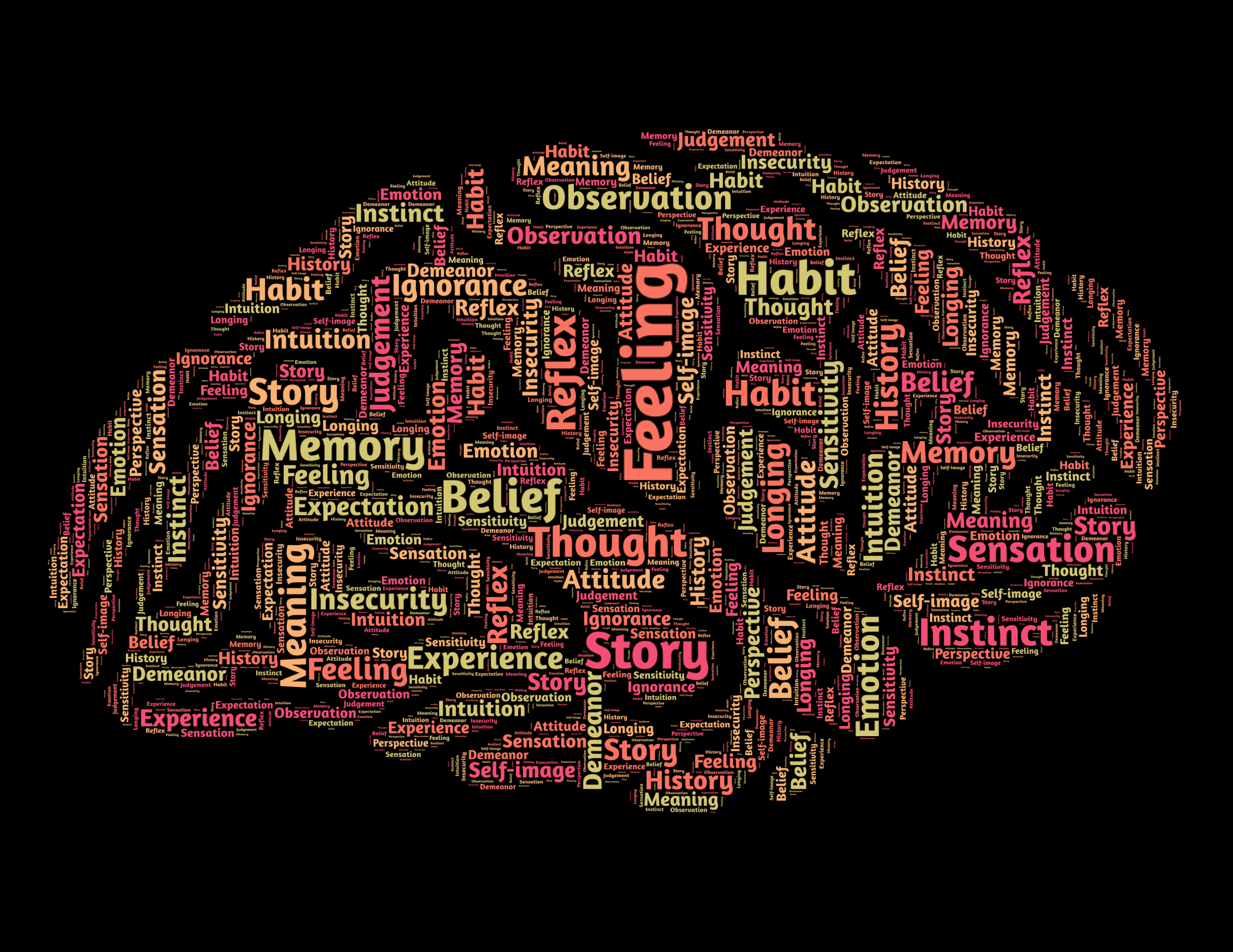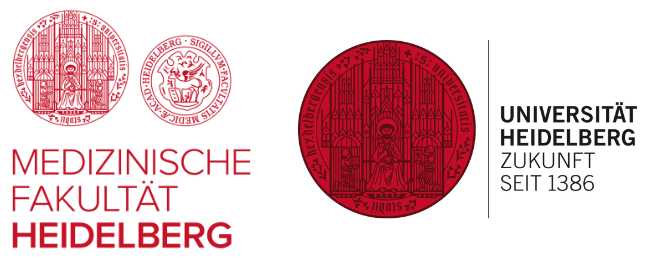
 Overall objectives
Overall objectivesWe compare the concepts of 'intelligence' in life sciences and artificial intelligence. Our hypothesis is that there are diverse concepts of intelligence in biology, psychology, and cognitive sciences, increasingly influenced by AI concepts. Our work combines in-depth analysis of selected papers with large corpora from PubMed and Rxiv repositories to understand the interactions between life, psychological, and cognitive sciences concepts with emerging concepts from computer science.
 Ethical-philosophical Analysis
Ethical-philosophical AnalysisIn our subproject, we focus on the ethical-philosophical interrelations of the explicit and implicit conceptualizations of artificial and biological intelligence as well as their impact on the ethical, anthropological and epistemological self-understanding of human beings. By pointing out differences, overlaps, as well as ethical issues arising from these different conceptualisations, we aim to build a normative framework that helps to provide orientation for further research on the ethical, legal and social aspects of neurosciences and artificial intelligence.
 Computer Science and NLP
Computer Science and NLPThe focus of this subproject is to provide the project team with tools to analyze and explore large and diverse text corpora. This includes automated data collection approaches, applied to major project relevant sources such as PubMed, arXiv, bioRxiv, and medRxiv, that continuously feed new text data into the framework. A particular emphasis is put on novel natural language processing (NLP) methods, mostly based on large language models, to extract information from text data, discover concept networks and time varying trends of concepts, as well as sophisticated language models in support of rich semantic search functions over large collections of documents.
 Discourse & Corpus Linguistics:
Discourse & Corpus Linguistics:Our project analyses the different discourses surrounding Artificial Intelligence (AI) from various fields, such as neuroscience, computer science, and popular scientific magazines. Using quantitative and qualitative methods, we examine thematic foci, conceptualisations of AI, opposing perspectives, and narrative structures. We can better understand the varying evaluative perspectives on AI technologies by looking at sub-discourses instead of the whole. We aim to identify connections between these sub-discourses through computer-based corpus analysis tools and linguistic elements such as syntactic patterns and expressions.


